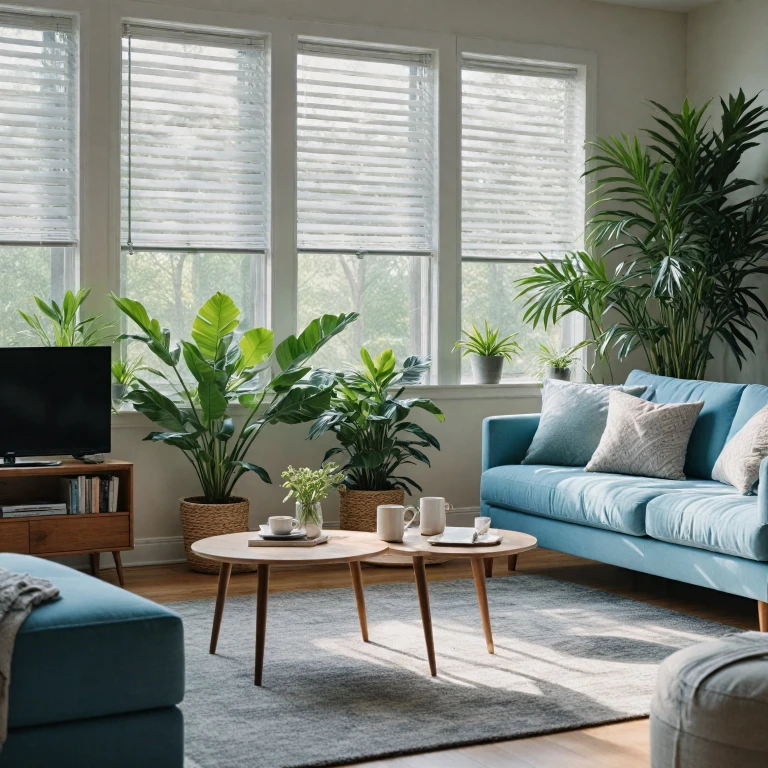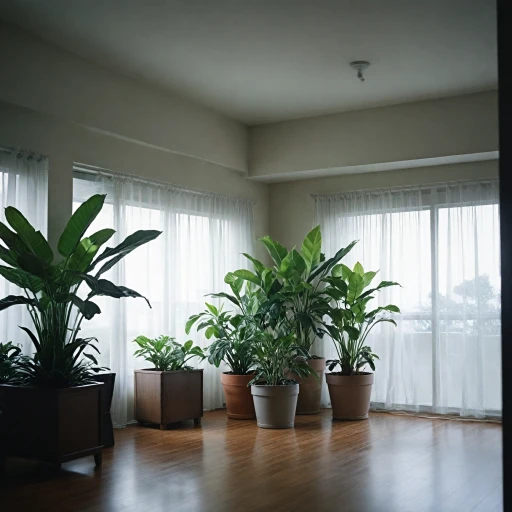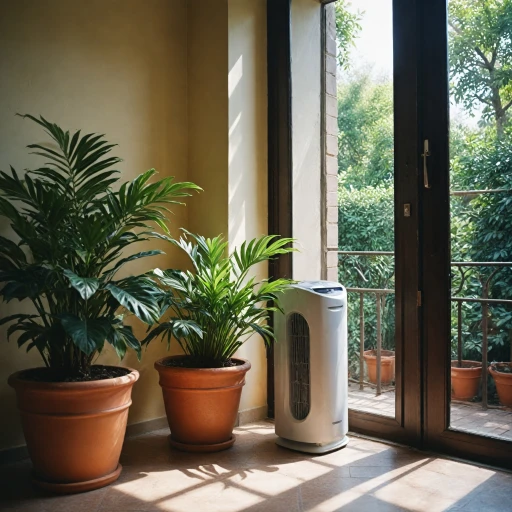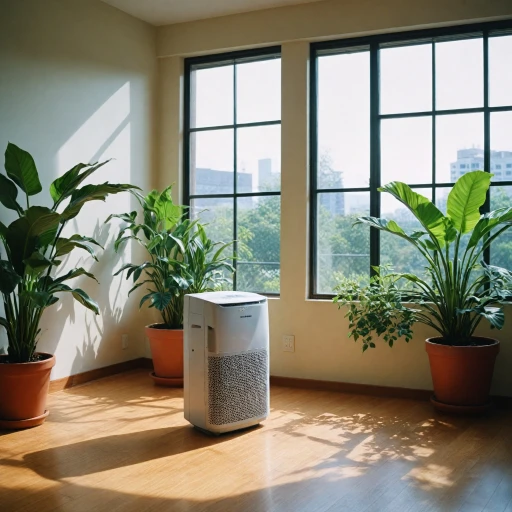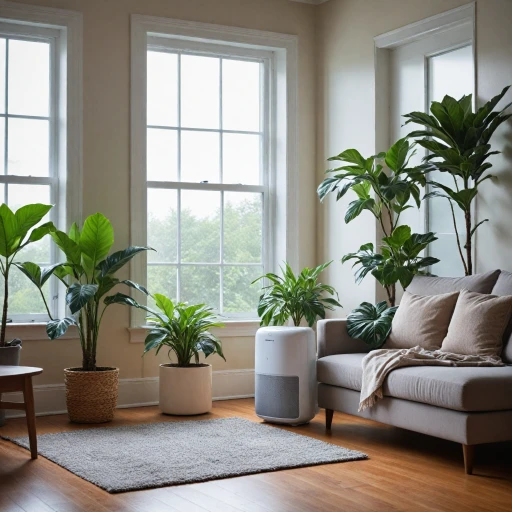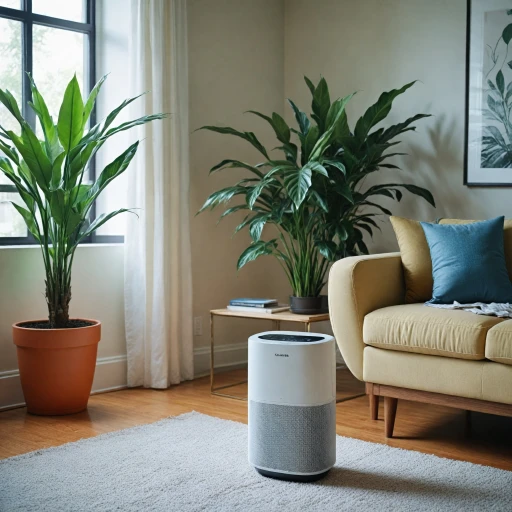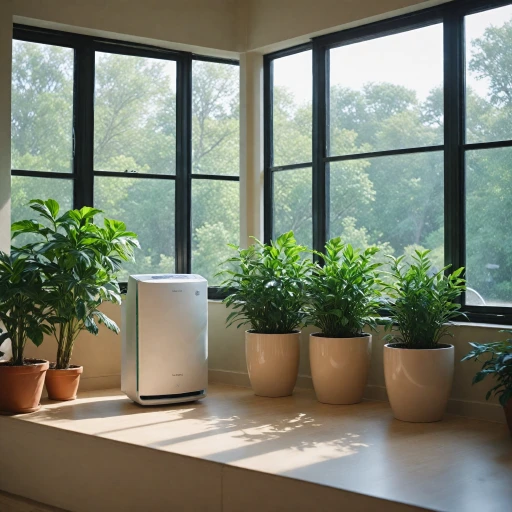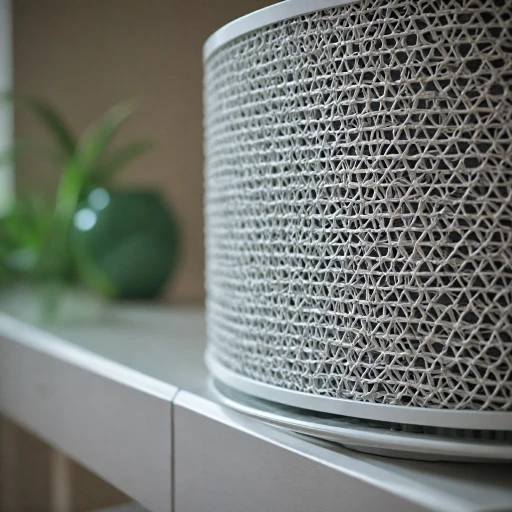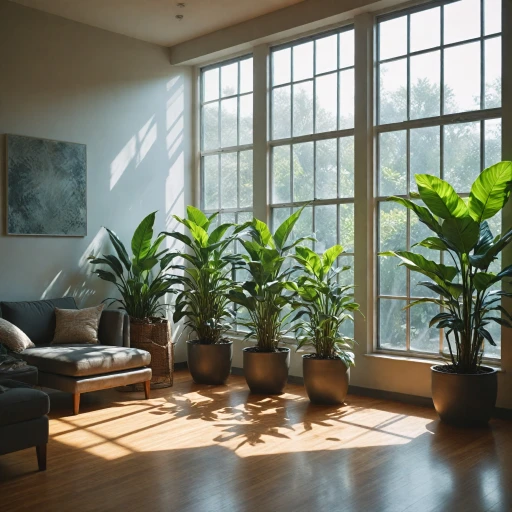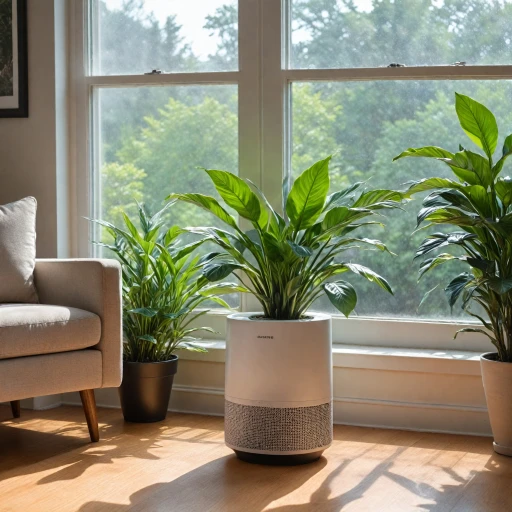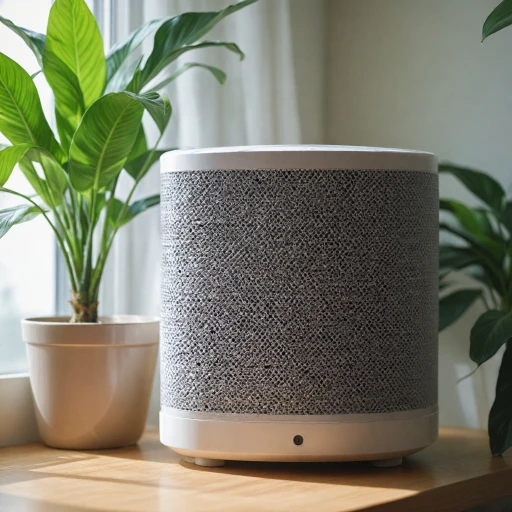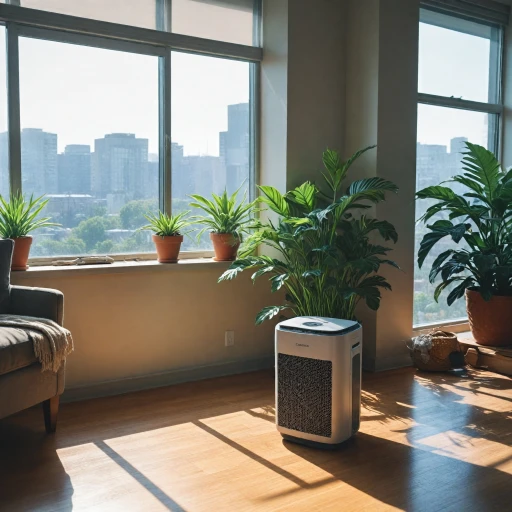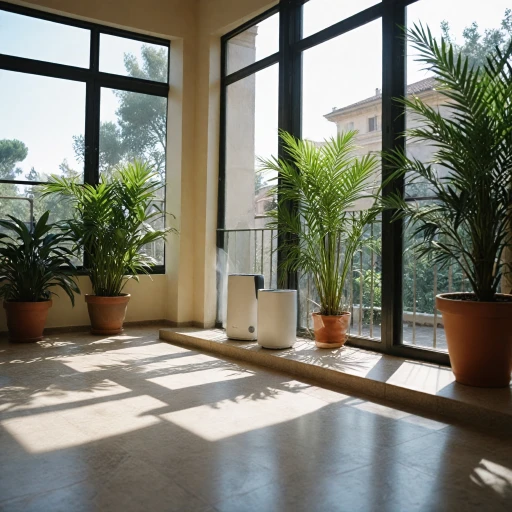
What is a HEPA Air Conditioner?
Exploring the Functionality of HEPA-Equipped Air Conditioners
When it comes to maintaining a clean and healthy indoor environment, a HEPA air conditioner stands out as an excellent choice. These units combine the cooling capabilities of traditional air conditioning with the powerful filtration features of a HEPA filter, setting a new standard for air quality in your room or home. HEPA, which stands for High-Efficiency Particulate Air, refers to a type of air filter that captures a high percentage of airborne particles, including dust, pollen, mold spores, and even some bacteria. This makes it especially valuable for individuals with allergies or asthma who benefit from reduced exposure to these airborne irritants. These air conditioners not only filter out the majority of harmful particles but also contribute to a noticeable improvement in air quality through their multi-layered filtering systems. HEPA filters, often complemented by additional layers like activated carbon, further enhance the unit's ability to capture smaller particles and neutralize odors. With a range of options available, from portable air units that are perfect for a small room to more robust models for larger spaces, consumers are presented with flexibility in terms of both size and unit price. However, it’s essential to consider the regular upkeep of these units, as discussed in the section focusing on maintenance. For those weighing their purchase options, comparing HEPA air conditioners to other air purifiers might provide useful insight into their competitive advantages, especially regarding price product and sale price factors on platforms like Amazon. In choosing an air conditioner that incorporates a HEPA filter, one not only ensures efficient cooling but also significantly upgrades indoor air quality, as further explored here. Ultimately, a HEPA air conditioner represents a crucial product in the quest for healthier living spaces, effectively combining comfort and air purification into one advanced unit.How HEPA Filters Work
The Mechanism Behind HEPA Filters
HEPA filters, short for High-Efficiency Particulate Air filters, are renowned for their ability to capture a high percentage of airborne particles. This makes them a standout choice for maintaining air quality in both residential and commercial spaces.
How They Capture Particles
The functioning of a HEPA air filter is grounded in a multi-layered approach. These filters are composed of a dense mat of randomly arranged fibers that trap particles through three primary mechanisms:
- Interception: As air passes through the filter unit, particles stick to the fibers.
- Impaction: Larger particles cannot follow the air stream around the fiber and get embedded in the filter material.
- Diffusion: Small particles collide with gas molecules, slowing down their path and increasing chances of being caught.
HEPA Air Conditioners: What Makes Them Unique?
HEPA air conditioners come with a built-in HEPA filter that ensures only high-quality air circulates within your home or office. The ability to extract a substantial volume of small particles makes these units especially effective. Cleaner indoor air is a direct benefit, significantly improving the living environment for those suffering from allergies or asthma.
When evaluating whether a HEPA filter aligns with your needs, it's essential to consider its MERV rating, a measure of its efficiency. A higher MERV means more ability to trap particulates, which directly impacts the air filtered by the conditioner or purifier.
While HEPA air conditioners might come at a regular price premium compared to standard units, the investment can be justified by the health benefits and enhanced comfort of a well-ventilated room.
Benefits of Using a HEPA Air Conditioner
Advantages of Using HEPA Air Conditioners
HEPA air conditioners are renowned for their ability to significantly improve indoor air quality. These units are equipped with high-efficiency particulate air (HEPA) filters that capture a wide range of particles, including dust, pollen, and even some bacteria. This makes them an excellent choice for individuals seeking to enhance their living environment.
- Improved Air Quality: HEPA filters are designed to trap particles as small as 0.3 microns, ensuring that the air you breathe is cleaner and healthier. This is particularly beneficial for those with allergies or respiratory issues.
- Effective Particle Removal: Unlike standard filters, HEPA filters can capture up to 99.97% of airborne particles, making them highly effective in maintaining a clean indoor atmosphere.
- Versatility: Many HEPA air conditioners come with additional features such as activated carbon filters, which help to remove odors and volatile organic compounds (VOCs) from the air. For more on the benefits of activated charcoal, you can explore this detailed guide.
- Energy Efficiency: Modern HEPA air conditioners are designed to be energy-efficient, helping you maintain a comfortable indoor environment without a significant increase in energy costs.
- Quiet Operation: Many units are equipped with quiet fans, ensuring that they do not disrupt your daily activities or sleep.
When considering a HEPA air conditioner, it's important to weigh these benefits against factors such as unit price and maintenance requirements. While the initial cost may be higher than other air purifiers, the long-term benefits often justify the investment. Additionally, regular maintenance, including replacing the filter pack, is crucial to ensure optimal performance.
Considerations Before Buying
Selecting the Right HEPA Air Conditioner for You
When considering the purchase of a HEPA air conditioner, there are several factors that you should weigh to ensure that you choose the right product that meets your needs. Here are some key considerations:
- Room Size: The size of the room where you plan to use the air conditioner plays a critical role in your selection. Smaller rooms might not require a high-capacity unit, whereas larger rooms would benefit from an air conditioner with a more robust fan and more effective filters.
- Filter Effectiveness: Look for a HEPA filter with a high Minimum Efficiency Reporting Value (MERV) rating, which indicates the efficiency at capturing air particles. More effective filters capture smaller particles, contributing to better indoor air quality.
- Unit Price vs. Quality: It's important to balance the initial price of the air conditioner with its quality and features. While some products might have a higher regular price, they may offer advanced filtering technologies that are worth the investment.
- Portability: For those who need to move their air conditioning unit between rooms, opting for a portable air conditioner might be ideal. These models allow flexibility and can be used where needed most.
- Extra Features: Some HEPA air conditioners come with additional features like activated carbon filters for enhanced odor removal or variable speed fans for customizable airflow.
- Reviews and Ratings: Checking customer reviews on platforms such as Amazon can provide insight into real-world performance. Look for products with higher stars to ensure satisfaction.
Now that you understand the key considerations, you're better prepared to select a HEPA air conditioner that is tailored to your needs and preferences, ensuring optimal air quality and comfort in your living space.
Comparing HEPA Air Conditioners to Other Air Purifiers
Evaluating HEPA Air Conditioners Against Other Options
When considering air purifiers, it's crucial to compare HEPA air conditioners with other types in terms of function, efficiency, and cost. Here’s an in-depth look:- Filtration Efficiency: HEPA filters are renowned for their ability to capture 99.97% of particles as small as 0.3 microns, surpassing many other filters like the standard pleated air or filter merv options. This makes them an ideal choice for maintaining high air quality indoors.
- Additional Features: Unlike air purifiers solely focused on filtration, HEPA air conditioners often come equipped with multiple functionalities such as cooling or heating, thanks to the air conditioning unit. This dual-purpose capability can make them a valuable addition to a small room.
- Portability vs. Permanence: While portable air purifiers offer ease of movement from one room to another, a HEPA air conditioner might be more stationary due to its installation as part of an HVAC system. However, numerous portable options with HEPA filters are available on the market, such as those listed on Amazon.
- Cost Effectiveness: Typically, HEPA air conditioners have a higher initial unit price than basic air purifiers, partly due to their complex design and functionality. However, their dual utility in air purification and conditioning can justify the regular price over time. It's worth noting that sales may reduce the cost of HEPA filters or a full filter pack, impacting ongoing upkeep costs.
- Noise Levels: Having a fan as part of an air conditioning unit means the noise level can be higher compared to certain quiet air purifiers. It's essential to assess the noise tolerance level suitable for your space.
Maintenance Tips for HEPA Air Conditioners
Maintaining Your HEPA-Powered Cooling System
Ensuring optimal performance from your HEPA air conditioner involves regular maintenance. Proper upkeep not only extends the unit's lifespan but also guarantees high-quality air filtration, maintaining excellent indoor air conditions.- Regular Filter Replacement: The HEPA filters in your air conditioner are key components that trap fine particles and allergens. To keep them effective, change the filters according to the manufacturer's recommendations, typically every 6 to 12 months. Using a pleated air filter with a suitable MERV rating aids in capturing airborne particles efficiently.
- Check and Clean the Fan and Coils: Dust and allergens can accumulate on the fan and heat exchanger coils, reducing the unit's efficiency. Gently vacuum or wipe these parts to ensure they remain clean and functional.
- Monitor Air Quality: Periodically test the air quality in your room or entire home. This helps in assessing whether the HEPA unit is effectively filtering and circulating indoor air. Adjust the settings or placement of the unit if necessary.
- Keep Vents Unobstructed: Ensure that there are no blockages at the intake and output vents. This will allow maximum airflow and facilitate proper air purification throughout the space.
- Professional Servicing: Consider scheduling a professional inspection annually. A technician can verify that all parts are in good condition, including checking for leaks in the air conditioning part of the unit.

